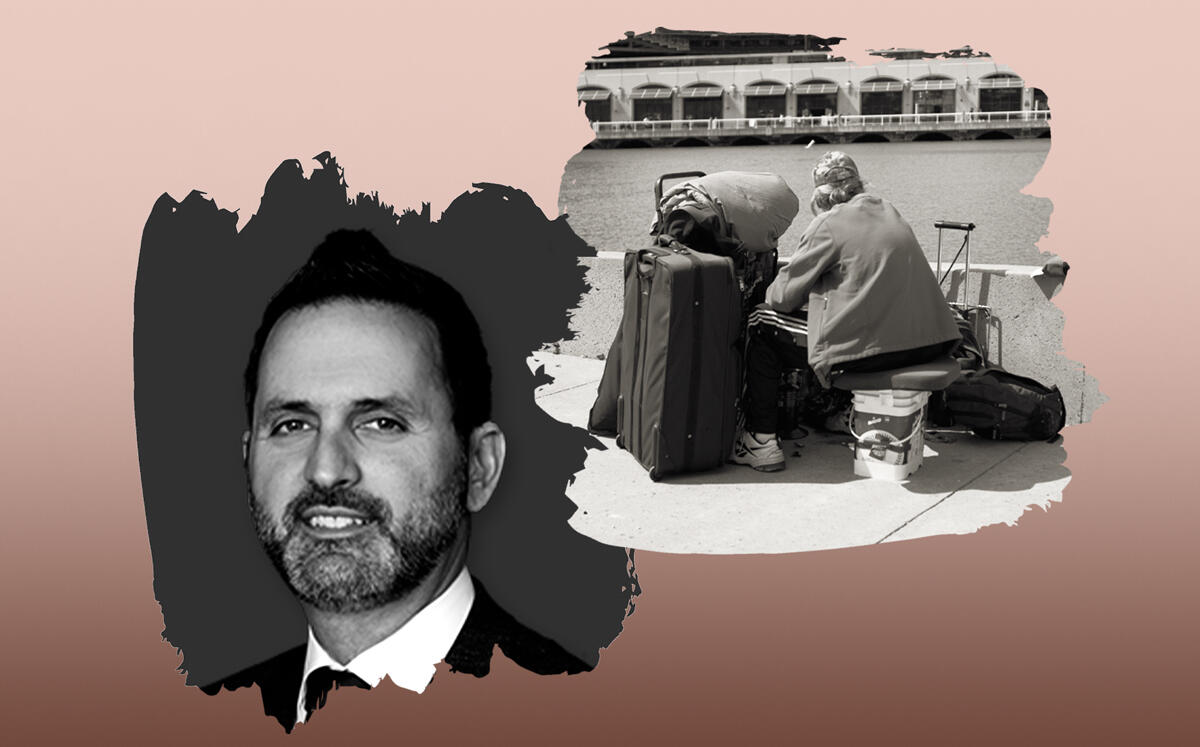A homelessness department in San Francisco has spent $700 million a year without a rudder. Now the city hopes voters will approve a measure to give it ample oversight.
The Board of Supervisors is poised to approve a ballot measure that would create an oversight commission for the Department of Homelessness and Supportive Housing, the San Francisco Chronicle reported. The decision comes on the heels of a Chronicle investigation into the squalid and chaotic conditions inside city housing for the homeless.
The proposed measure, sponsored by Supervisor Ahsha Safaí, passed the board’s Rules Committee with a 2-1 vote. This month, it will head to the full board, where The Chronicle says it has enough votes to qualify for the November ballot.
“Having a department of this size without the appropriate oversight is just not acceptable,” Safaí said.
If voters approve the measure, the commission would have authority to approve or reject most homelessness and supportive housing contracts before sending them to the supervisors for a final vote.
The commission would also hold authority over the homelessness department budget, have the power to investigate the department’s activities, and serve as a central forum for the public to raise issues and advocate for policies.
Safaí was one of seven board members to kill a similar measure in 2019 because of staunch opposition from Mayor London Breed, who said the proposal would add more bureaucracy as she tries to address homelessness. But Breed reversed her stance a week after the Chronicle investigation was published, saying she would be open to supporting the measure.
The Department of Homelessness and Supportive Housing was created in 2016 by then-Mayor Ed Lee, and is now the largest city department without an oversight board. It has several advisory committees, but they are limited to suggesting policy.
The yearlong Chronicle investigation exposed squalid conditions and crime within the city’s single-room-occupancy hotels, or SROs, which are the cornerstone of the city’s $160 million permanent supportive housing program.
It found the homelessness agency had failed to provide meaningful oversight of the nonprofit providers that run the hotels. Breed allowed the department to twice delay the creation of a metrics-driven system for holding the nonprofits accountable.
Also, the investigation found that police sometimes respond to calls at SROs multiple times each day, while broken elevators confine elderly and disabled people to their rooms and vermin overwhelm the buildings.
The Chronicle also found that 14 percent of all confirmed overdose deaths in San Francisco occurred in city-funded SROs, even though the buildings house less than 1 percent of the city’s population.
Despite these problems, the Chronicle discovered that the city’s homelessness department had gone years without issuing a single plan of correction to housing providers, even as some programs fell egregiously short of goals.
[San Francisco Chronicle] – Dana Bartholomew
Read more


